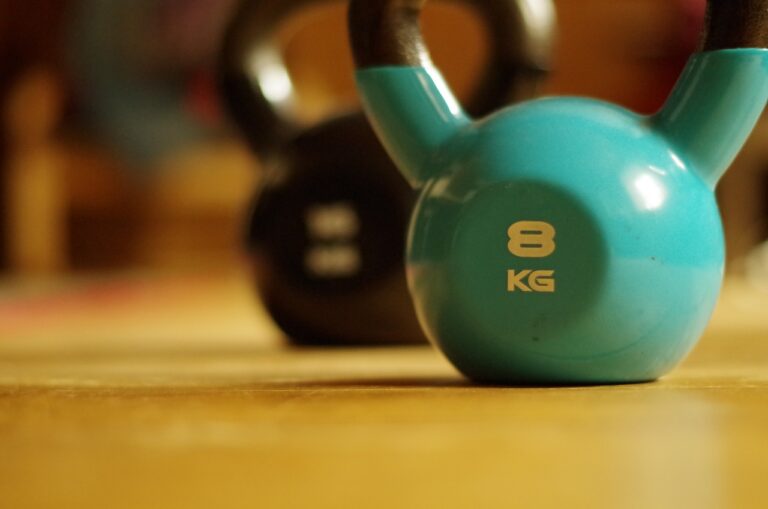Insights into the role of rehabilitation therapists in Cricket surgery recovery.: Allpanel 777, Laserbook247.online, 99exch.in
allpanel 777, laserbook247.online, 99exch.in: Cricket has been a beloved sport for centuries, captivating fans around the world with its exciting matches and talented players. However, like any physical activity, injuries are a common occurrence on the cricket field. From torn ligaments to fractures, cricketers often find themselves in need of surgery to repair and recover from these injuries.
Rehabilitation therapists play a crucial role in the recovery process for cricketers undergoing surgery. These professionals work closely with athletes to help them regain strength, mobility, and function after their surgical procedures. Let’s take a closer look at the insights into the role of rehabilitation therapists in cricket surgery recovery.
1. Pre-surgery Evaluation: Before a cricketer undergoes surgery, rehabilitation therapists conduct a comprehensive evaluation of the player’s condition. This assessment helps them understand the extent of the injury, the impact of the surgery, and the specific goals of the rehabilitation process.
2. Post-operative Care: Following surgery, rehabilitation therapists create a personalized treatment plan for each cricketer based on their specific needs and goals. This plan may include exercises, stretches, manual therapy, and other interventions to help the player recover safely and effectively.
3. Pain Management: Surgery often comes with pain and discomfort. Rehabilitation therapists work with cricketers to manage their pain through various techniques, such as ice therapy, massage, and gentle exercises.
4. Range of Motion: One of the primary goals of rehabilitation therapy is to restore the cricketer’s range of motion. Through targeted exercises and stretching routines, therapists help athletes regain flexibility in the affected area.
5. Strength Training: Building strength is essential for cricketers to return to the field at full capacity. Rehabilitation therapists design strength training programs that target the injured area while also improving overall strength and conditioning.
6. Sport-Specific Training: Cricket requires specific movements and skills that are crucial for player performance. Rehabilitation therapists work with cricketers to incorporate sport-specific exercises and drills into their rehabilitation program to ensure a seamless return to the sport.
7. Progress Monitoring: Throughout the recovery process, therapists closely monitor the cricketer’s progress and make adjustments to the treatment plan as needed. This proactive approach helps athletes stay on track and achieve their goals.
8. Return to Play: When the cricketer is ready to return to the field, rehabilitation therapists provide guidance on how to ease back into training and competition safely. They may also recommend ongoing maintenance exercises to prevent re-injury.
In conclusion, rehabilitation therapists play a vital role in the recovery of cricketers undergoing surgery. Their expertise, personalized care, and commitment to helping athletes reach their full potential make them essential members of the sports medicine team.
FAQs
Q: How long does the rehabilitation process typically last for cricketers undergoing surgery?
A: The length of the rehabilitation process varies depending on the type of surgery, the severity of the injury, and the athlete’s individual progress. On average, it can take several months for cricketers to fully recover and return to play.
Q: Can rehabilitation therapy prevent future injuries for cricketers?
A: Yes, rehabilitation therapy not only helps athletes recover from current injuries but also focuses on strengthening muscles, improving flexibility, and enhancing overall performance, which can help prevent future injuries.
Q: Is rehabilitation therapy only for professional cricketers?
A: No, rehabilitation therapy is beneficial for athletes of all levels, from recreational players to professionals. Whether recovering from surgery or looking to prevent injuries, rehabilitation therapists can help athletes of any skill level achieve their goals.







